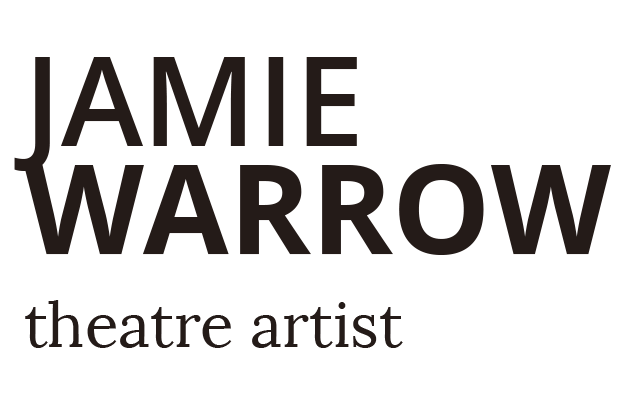Know Thyself
The study of theatre is the study of the human experience. At a foundational level, it is vital to cultivate a student’s basic knowledge of herself. My hope is that by facilitating an understanding of a student’s personal motivation, drives, fears, passions, etc., the student will begin to access the art of theatrical storytelling through self-reflectivity and her own perspective. I emphasize the concept of “know thyself” in order to “know others” so that young actors not only develop a personal approach to their art, but will ideally help them develop empathy for others, but also thrive with challenging character development, theatre text, and overall artistic storytelling.
I teach several primary concepts to developing theatre artists:
The Why?
Students must understand “the purpose” or “the why” when approaching creative work in the theatre. For me, “why?” is the most important question for exploring and examining life—the crux of all good theatre text—and is foundational for analyzing text, character motivation, and story. Simply, acting requires keen observation of human behavior and diverse perspectives, including the effects of differing social status and upbringing, physical, economic and cultural environments. I encourage students to know the world around them.
Find the Love
I also emphasize “finding the love” within the reality of the play. This emphasizes positive storytelling and natural behavior, removing the trap of “acting” to emphasize the naturalness of “reacting.” I encourage active listening to facilitate the ability to give and take energy generously.
Mental and Physical Health
Theatre art requires mental and physical discipline. I teach students about healthy lifestyles, exercise, and diet so that they are better equipped to use their body to create or adapt to a character’s physical life. I strive to train the young theatre artist physically, vocally and mentally through introduction to yoga, strength training, relaxation, meditation and breathing techniques. Your mind, voice and body are tools for your craft. Keep them well and they will serve you well.
Process
I also teach young theatre artists about Process. Students need to learn how to use rehearsal time effectively and efficiently—ultimately in hopes of preparing them for professional work. I encourage journal practice so that students will develop self-awareness and be able to assess their own creativity and progress.
Final Thoughts
It is essential to balance constructive criticism with nurturing support in order to create an environment based in trust and one conducive to artistic exploration and risk-taking. Likewise, collaboration is at the core of theatre art. Balancing ones’ own work with supporting the work of other artists is germane to a vibrant life in the theatre and the key to its sustainability. We need theatre art and as an educator and an artist it is my job, my joy, to ensure the artistic torch gets passed to further generations.



